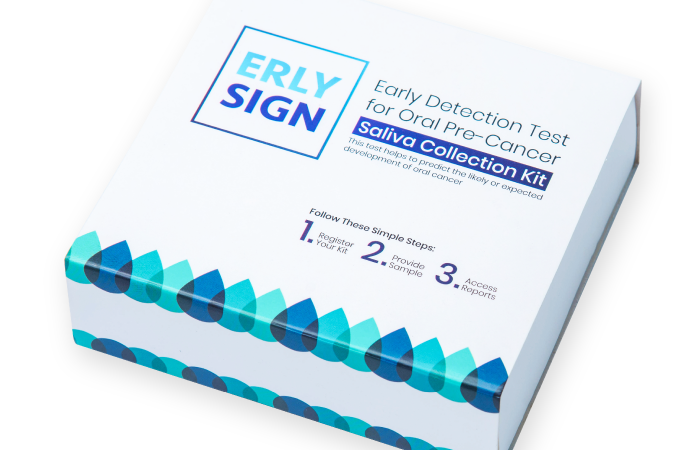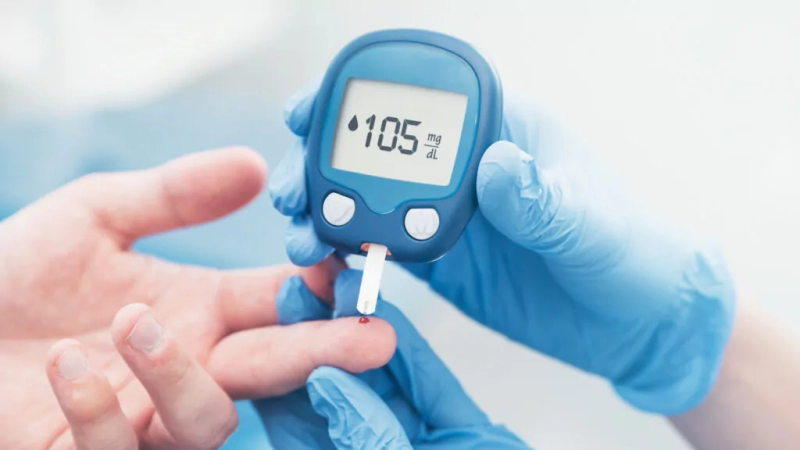The medical device manufacturers of India introduce a new certification system for quality assurance on March 15 . The Certification of Medical Devices Scheme (ICMED) – the first indigenously developed international class certification scheme for the medical devices in India to reduce the valuable time and cost required to obtain quality certifications for Indian companies at the present time. It is also meant to ensure valuable savings, improved credibility and increased competitiveness. The Association of Indian Medical Device Industry (AIMED) has joined hands with The Quality Council of India (QCI) and The National Accreditation Board for Certification Bodies (NABCB) to introduce the service to the market.
V.K. Subburaj, Secretary, Department of Pharmaceuticals has launched the scheme. This program is intended to importantly eliminate trading of sub-standard products or devices of doubtful origins, a widespread and deleterious phenomenon in the Indian market. “The program is a significant milestone for both consumers as well as manufacturers as it brings quality, accountability and competitiveness in the system” said Rajiv Nath, AIMED &Chairman, Government of India while launching the scheme.
This certification Scheme currently has two options,
- CMED 9000 Certification (an ISO 9001 plus additional requirements)
- ICMED 13485 (An ISO 13485 Plus additional requirements).
NHSRC developed another level, is under development process that determines the specifications of medical device.”QCI is happy to contribute the medical device industry in India to exhibit its power in terms of meeting the high quality. Such programmers’ are already formulated for some products like ayurvedic products, yoga professionals plants and ready-mix concrete plants and this would be a valuable addition to our portfolio.
The manufacturers would need to approach any one of the certification bodies approved by QCI under the ICMED scheme for obtaining certification. The certification bodies shall be under the oversight of NABCB, which is the national accreditation body, would accredit these certifying bodies as per applicable international standards.
More than twenty government and non-government organizations including Department of Commerce, National Health System Resource Centre, Bureau of Indian Standards (BIS), Central Drugs Standard Control Organization (CDSCO), Engineering Export Promotion Council (EEPC), prominent industry bodies like AIMED and Confederation of Indian Industry (CII), Center for Bio medical Engineering, IIT Delhi, Indian Medical Association (IMA) participated in various committees.
Other News
Imports of High-Value Medical Equipment
High-Value Medical Equipment The Central Drugs Standard Control Organization (CDSCO) and the Central Board of Indirect Taxes & Customs have released a new circular, “F.No.401/40/2021-Cus.III,” detailing updated policies on the import of used high-end medical […]
Read MoreSEC Committee: Pioneering Medical Approvals
New important article released by Central Drugs Standard Control Organization (CDSCO) titled “SEC – Special Expert Committee, Medical Devices”. Key highlights include the streamlined processes for CDSCO application evaluations, preparation and significance of briefing materials, […]
Read MoreErlySign Oral Cancer Detection Technology Gets CDSCO Nod
ErlySign, a Nagpur-based biotech startup, has received approval from the Central Drugs Standard Control Organization (CDSCO) to conduct large-scale clinical trials for its novel oral cancer detection technology. The approval for ErlySign follows a rigorous […]
Read MoreAdditional Steps Announced by FDA to Modernize Clinical Trials
The U.S. Food and Drug Administration has made draft guidance available with updated recommendations for good clinical practices (GCPs), which are intended to modernize the clinical trial design and conduct while maintaining data integrity and […]
Read MoreAccreditation and Registration Numbers for Foreign Manufacturers Publication by PMDA
This article deals In accordance with the Pharmaceuticals and Medical Devices Act (PMD Act) of Japan, foreign businesses that wish to produce pharmaceuticals, quackery products, active pharmaceutical ingredients (APIs), or medical devices abroad and import […]
Read MoreBSI New Certification to Mitigate Antimicrobial Resistance Risk in Antibiotic Manufacturing
BSI, the business improvement and standards company, has developed a new certification to mitigate the risk of antimicrobial resistance (AMR) in antibiotic manufacturing. The certification, called the Minimized Risk of Antimicrobial Resistance (AMR) certification, will […]
Read MoreTUV SUD Inspects IVD Medical Devices’ Cyber Security
The growing digital connectivity of medical infrastructure is resulting in complicated systems with a plethora of diverse interfaces that are potentially vulnerable to assault. The IVD requires producers to provide proof of cyber security before […]
Read MoreTGA Supports MHRA’s New Regulations
The TGA made a commitment to support the MHRA‘s new Regulations worldwide recognition framework for pharmaceuticals. Following the UK’s exit from the European Union, a new international recognition framework for medicines has been developed specifically […]
Read More



